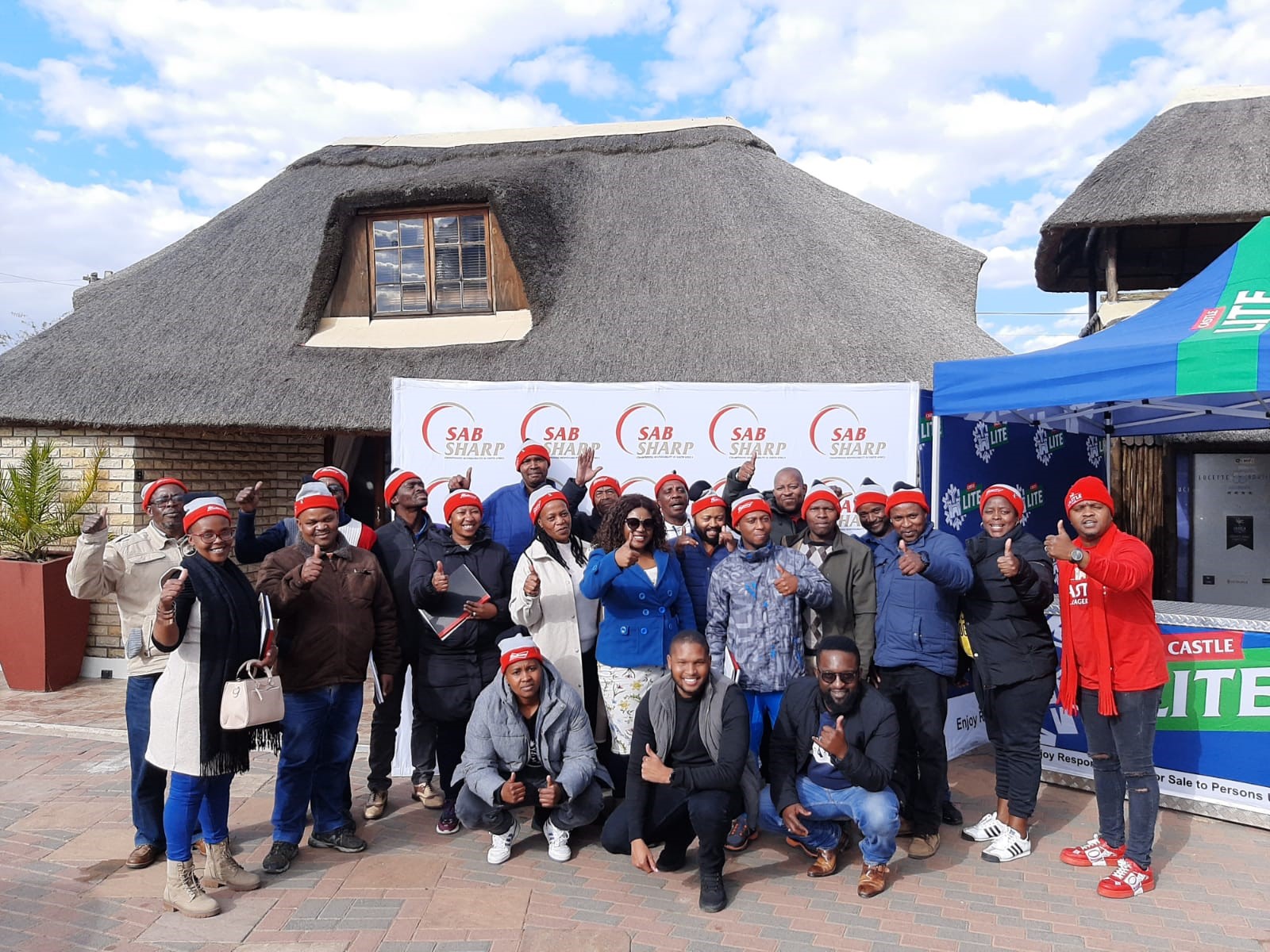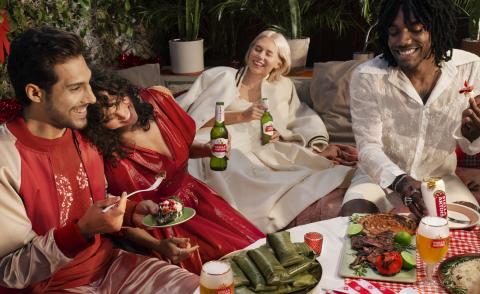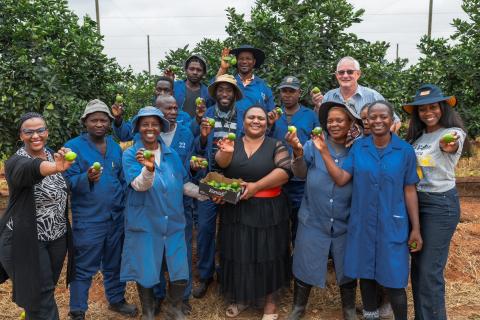
The South African Breweries (SAB) uses its Responsible Trading Programme – which is modelled on international best practices and principles surrounding the serving of liquor – to empower tavern owners.
SAB has kicked-off its national retailer business training programme; an initiative projected to refine tavern owners' business skills, by equipping them with skills to operate profitable and sustainable businesses in a responsible manner. With the first workshops having taken place in in Phuthaditjhaba and in Bethlem in the Free State this month, the organisation is targeting approximately 32 000 tavern owners across South Africa, by the end of the year.
Tavern owners undergo a one-day training programme gaining a better understanding of basic business skills, managing personal finances, using BEEs as part of business practice, as well as how to plan and grow a tavern business. Part of the training will include educating tavern owners on responsible trading of alcohol, through SAB’s Responsible Training Programme and insights from the Liquor Board on licensing, as a means of minimising harmful effects of alcohol abuse within their communities.
“It’s important to us that our retailers are aware of their obligation to trade responsibly – Which is a requirement to maintain their license to operate and to help minimise the harmful effects of alcohol in society,” asserts Thabang Mashia, Corporate Affairs Manager, for SAB’s Central Region. “That is why the company is committed to transforming the informal market through training programmes and incentivisation mechanisms that reward businesses who champion responsible consumption.”
The organisation tasked its sales managers to identify retailers to invite across the regions, using guidelines that speak to business growth potential, prioritising clients that have audit scores in term of the Responsible Trader Program.
Mashia adds that SAB understands that its traders play a major channel of influence for the organisation to address responsible consumption. “As a result, formalisation support is the key to success when it comes to building social cohesions in the places where people come together for a beer. That is why SAB is committed to transforming the informal market through training programmes and incentivisation mechanisms that reward businesses who champion responsible consumption.”
This programme will continue in the greater part of Free State, for the remainder of July and throughout August.
“Our partnership with SAB is aligned with our commitment to responsible behaviour and trading, in South Africa,’ adds Mr. Solomon Magashule, GM of Operations at Liquor Board.



